As the demand for sustainable and efficient lighting solutions grows, Bitpott, a leader in innovative solar technology, has embraced lithium batteries as the preferred energy storage solution for its solar garden lights. These advanced batteries are rapidly replacing traditional gel batteries in the solar lighting industry due to their superior performance and adaptability. This article explores the key advantages of lithium batteries over gel batteries in solar garden lights, while also addressing their limitations and considerations for optimal use. With a focus on Bitpott’s commitment to quality and sustainability, we delve into why lithium batteries are the future of solar-powered garden illumination.
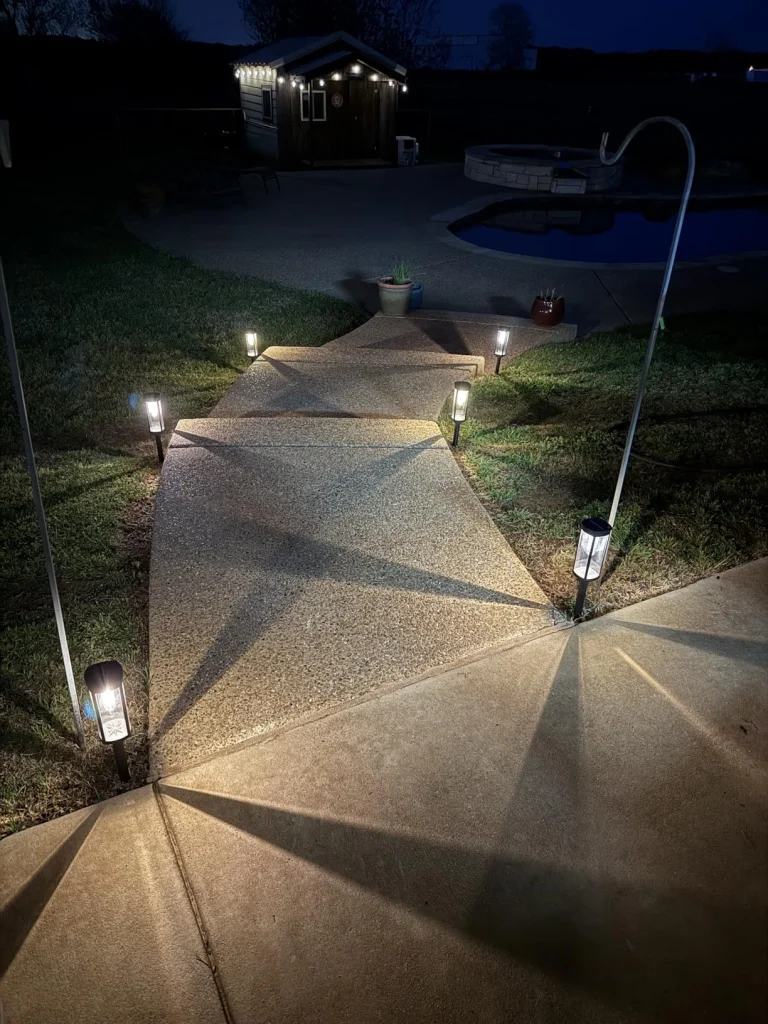
Understanding Lithium Batteries in Solar Garden Lights
Lithium batteries, often referred to as Li-ion batteries, utilize lithium compounds as the primary active material in their electrodes. Unlike gel batteries, which rely on a silica-based electrolyte, lithium batteries offer a lightweight, high-efficiency alternative. Available in primary (non-rechargeable) and secondary (rechargeable) forms, lithium batteries have evolved significantly since their conceptualization in the early 20th century. Today, they power a wide range of applications, including Bitpott’s solar garden lights, which are designed to enhance outdoor aesthetics while minimizing environmental impact.
Advantages of Lithium Batteries in Solar Garden Lights
Lithium batteries offer several compelling advantages over gel batteries, making them ideal for solar garden lighting applications. Below are the key benefits:
1. High Energy Density and Voltage
Lithium batteries provide a higher working voltage and energy density compared to gel batteries. This means they can store more energy in a smaller, lighter package, allowing Bitpott’s solar garden lights to operate longer on a single charge. The low self-discharge rate of lithium batteries ensures minimal energy loss when the lights are not in use, maximizing efficiency.
2. Compact and Flexible Design
One of the standout features of lithium batteries is their ability to be manufactured in ultra-thin and customizable shapes. Polymer lithium batteries, for instance, can be as thin as 0.5mm, enabling sleek and elegant designs for Bitpott’s garden lights. Manufacturers can tailor the size, shape, and capacity of lithium batteries to meet specific product requirements, offering unmatched design flexibility.
3. Durability and Environmental Friendliness
Compared to gel batteries, lithium batteries are lighter, more durable, and have a lower environmental footprint. They produce less pollution during manufacturing and disposal, aligning with Bitpott’s commitment to sustainable practices. Additionally, lithium batteries are less prone to damage from frequent charging cycles, making them a reliable choice for long-term use in outdoor settings.
4. No Memory Effect
Unlike gel batteries, lithium batteries do not suffer from memory effect, a phenomenon where repeated partial charging reduces overall capacity. This allows users to charge Bitpott’s solar garden lights at any time without worrying about diminishing battery performance. Whether charging during the day or using an external power source, lithium batteries maintain consistent performance.
5. Resilience to Charging Patterns
Lithium batteries are highly adaptable to various charging scenarios. Whether charged partially, used while charging, or connected to an external power source, they experience minimal wear. This flexibility ensures that Bitpott’s solar garden lights remain functional and efficient, even under irregular charging conditions.
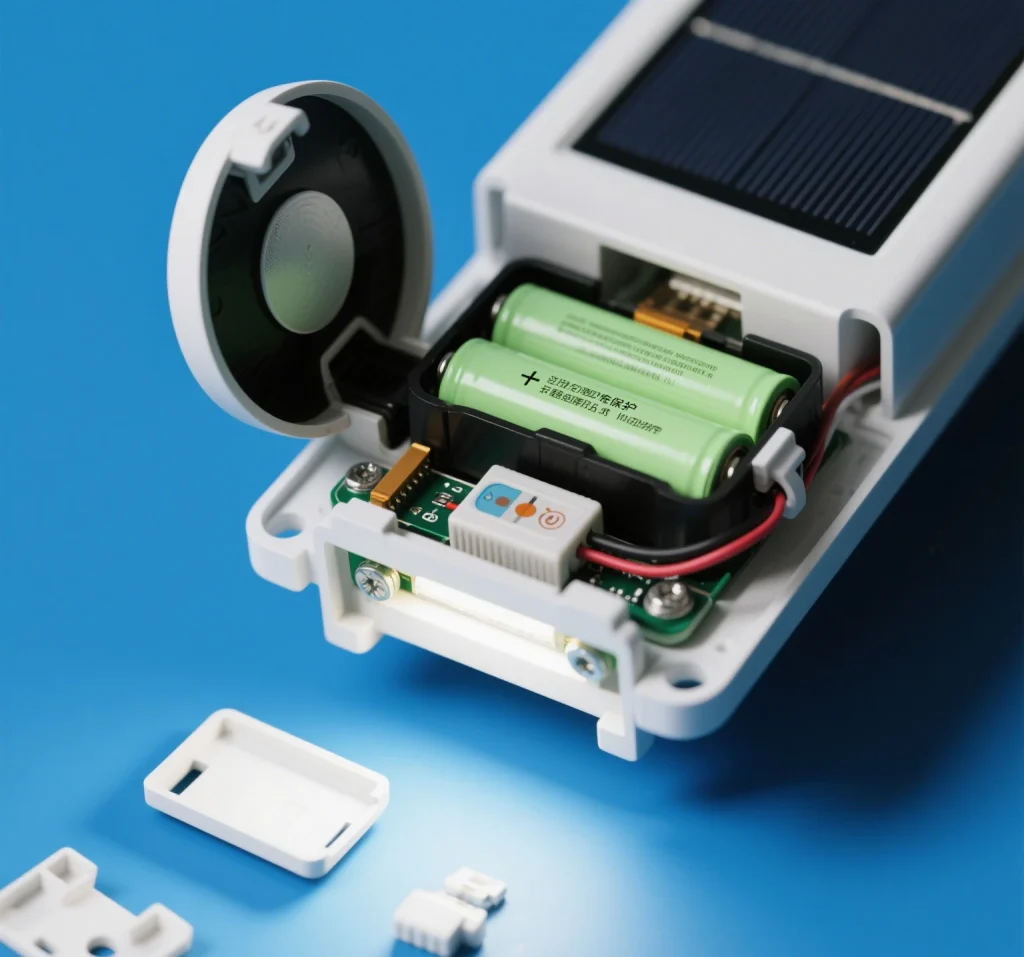
Limitations of Lithium Batteries and Mitigation Strategies
While lithium batteries offer significant advantages, they also have limitations that users should consider to ensure safe and effective operation. Below are the primary drawbacks and how Bitpott addresses them:
1. Temperature Sensitivity
Lithium batteries are sensitive to extreme temperatures. High temperatures can reduce performance or, in rare cases, pose safety risks, while low temperatures can limit efficiency. Bitpott incorporates advanced thermal management systems in its solar garden lights to regulate battery temperature, ensuring reliable performance in diverse climates.
2. Overcharging Risks
Prolonged overcharging can stress lithium batteries, potentially reducing their lifespan or causing safety issues. To mitigate this, Bitpott’s solar garden lights are equipped with sophisticated charge protection circuits that prevent overcharging and over-discharging, enhancing battery longevity and safety.
3. Material Costs and Availability
The rising cost of cobalt, a key component in some lithium batteries, and its limited availability due to geopolitical factors, can impact production costs. Bitpott is exploring alternative materials, such as lithium iron phosphate (LiFePO4), which offers similar performance with greater stability and lower environmental impact.
4. Storage and Maintenance
Lithium batteries require careful storage to maintain their lifespan. Prolonged inactivity can lead to capacity loss, and exposure to moisture or extreme temperatures can cause damage. Bitpott provides clear storage guidelines, recommending that users store batteries in cool, dry environments and avoid freezing conditions.
5. Limited Suitability for High-Current Applications
Lithium batteries are less suited for applications requiring large instantaneous currents, such as heavy machinery. However, solar garden lights operate on low to moderate power, making lithium batteries an ideal fit. Bitpott optimizes its battery designs to meet the specific energy demands of garden lighting.
Practical Considerations for Users
To maximize the benefits of lithium batteries in Bitpott’s solar garden lights, users should follow these best practices:
- Avoid Prolonged Charging: Disconnect the charger once the battery is fully charged to prevent stress on the battery.
- Store Properly: When not in use, store the lights in a cool, dry place to preserve battery life.
- Monitor Temperature: Ensure the lights are installed in locations with moderate temperatures to maintain optimal battery performance.
- Use Compatible Chargers: Always use chargers recommended by Bitpott to avoid overcharging or damaging the battery.
The Future of Solar Garden Lighting with Lithium Batteries
The shift from gel batteries to lithium batteries marks a significant advancement in solar garden lighting technology. Lithium batteries offer unmatched efficiency, flexibility, and durability, making them the preferred choice for modern solar lighting solutions. As research continues to address their limitations, such as temperature sensitivity and material costs, lithium batteries are poised to dominate the market.
Bitpott remains at the forefront of this transition, integrating cutting-edge lithium battery technology into its solar garden lights to deliver superior performance and sustainability. By choosing Bitpott, consumers not only enhance their outdoor spaces with elegant, eco-friendly lighting but also contribute to a greener future. For more information on Bitpott’s innovative solar garden lights, including LED designs, landscape lighting, and installation services, visit our website or contact our team today.



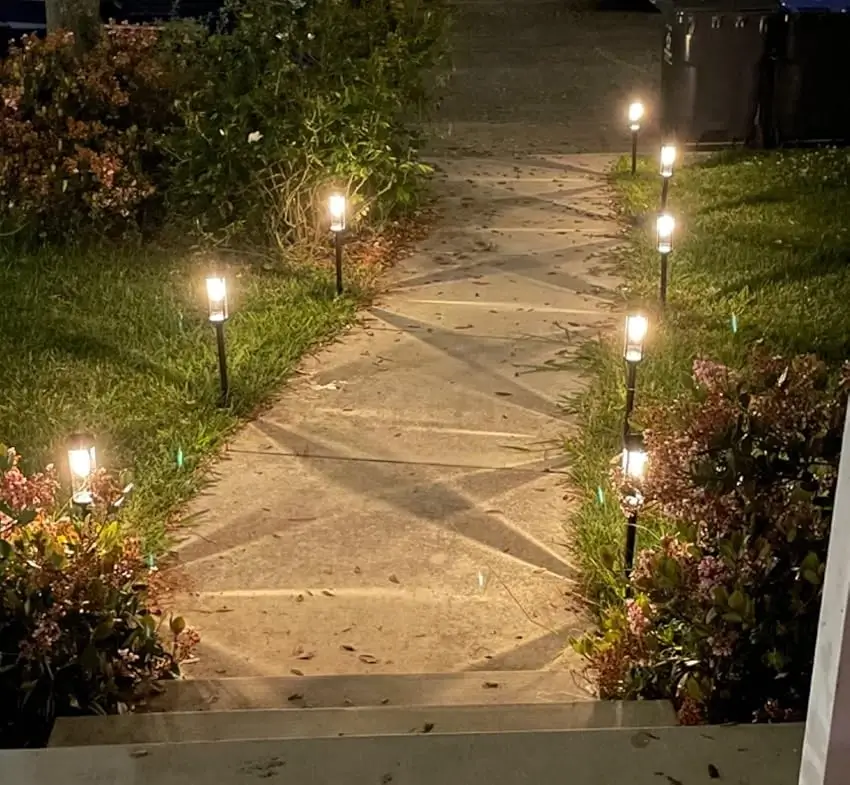

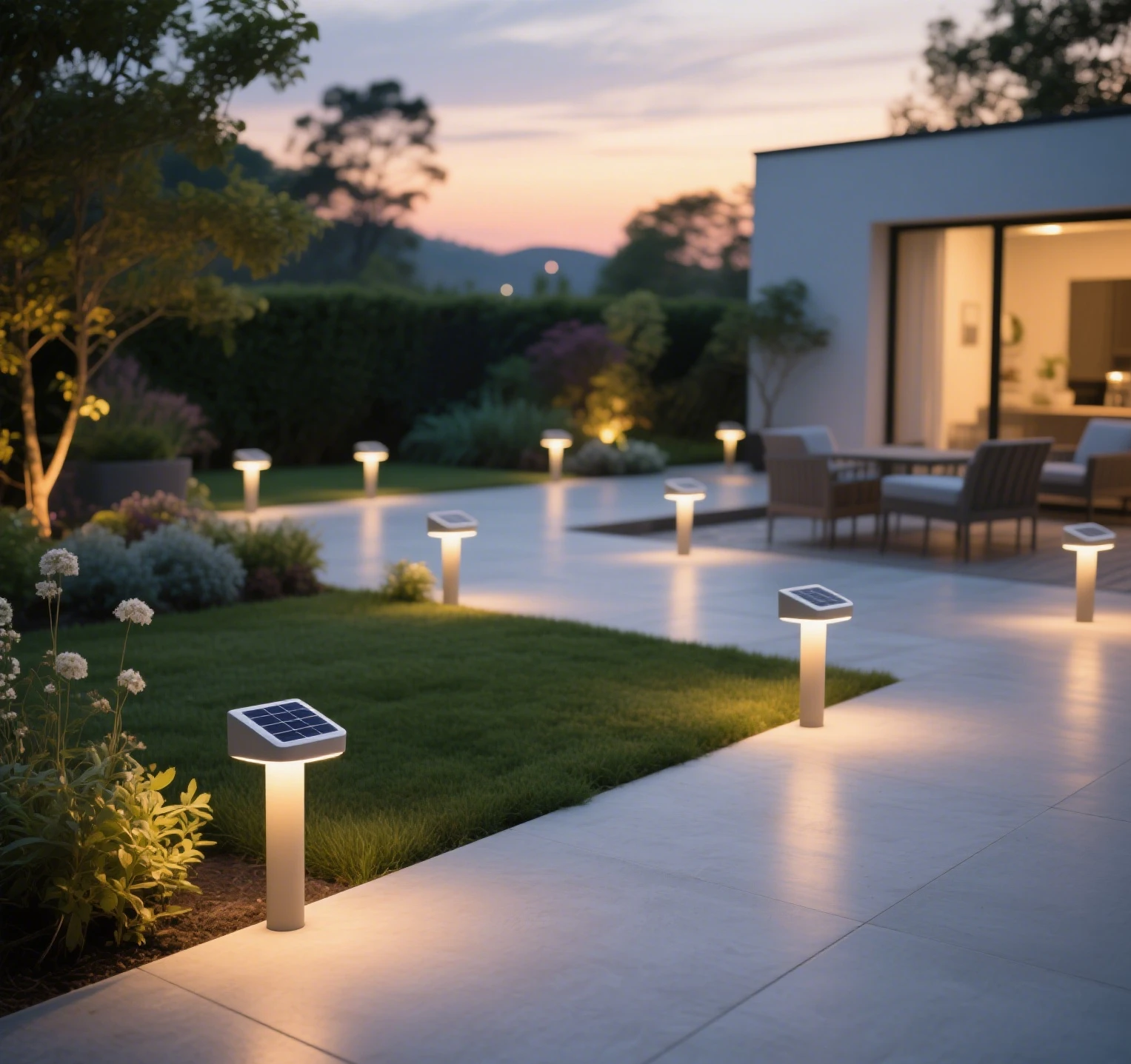
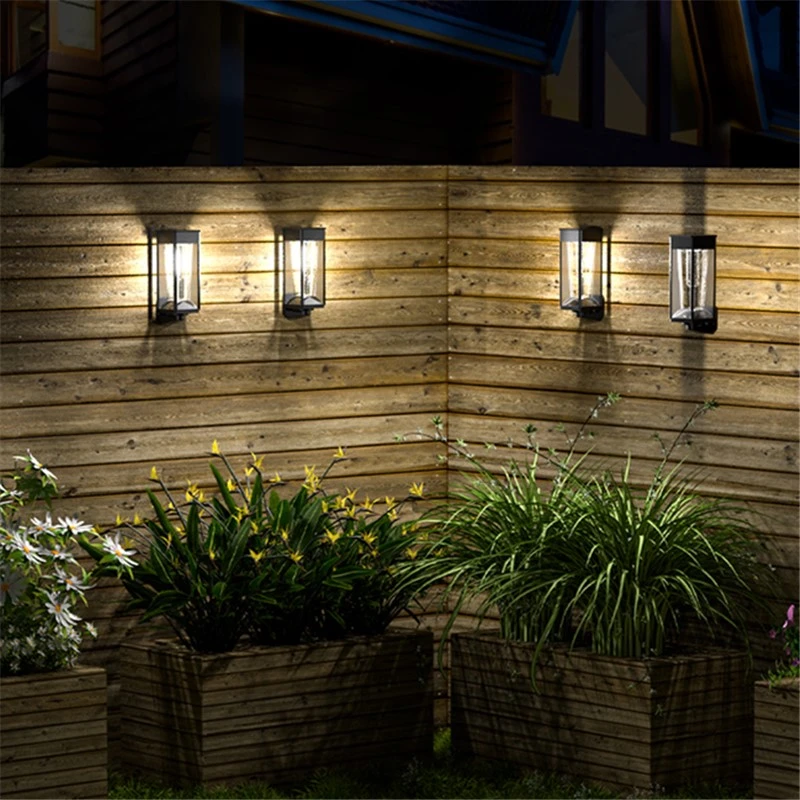
Leave a Reply